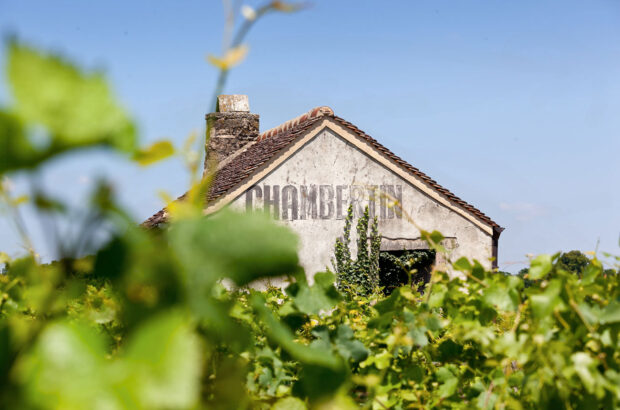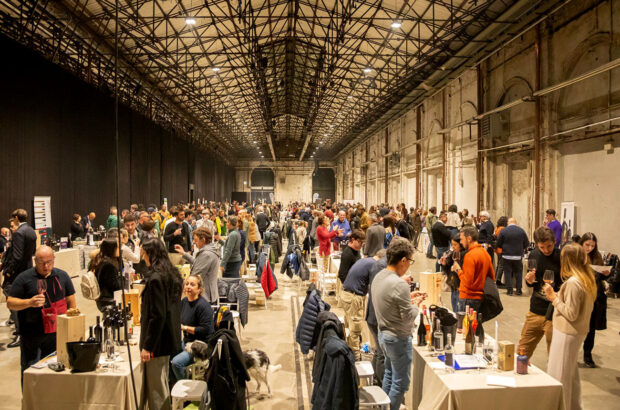Lovers of Brunello di Montalcino would benefit if the appellation were to be split into subzones – but it's politically highly unlikely, Italian experts argue in this month’s Decanter.
Kerin O’Keefe and Ian D’Agata say in the April issue of Decanter magazine that ‘Montalcino’s varied subzones’ should be officially recognised.
The terroir varies significantly across the 2000ha of the Montalcino appellation, O’Keefe says.
‘Summertime temperatures can vary by as much as 7C between Montalcino’s northern and southern extremes’, and altitudes can range from just above sea level to 500m.
Many producers recognise that Sangiovese – the only permitted grape in Brunello di Montalcino and Rosso di Montalcino – cannot grow equally well in so many different terroirs, hence moves to allow international blends in Rosso, the region’s ‘second’ wine.
But any attempt to introduce different quality levels via subzones is doomed to failure. ‘With all the commercial interests in Montalcino, it’s probably too late,’ O’Keefe writes.
And she is backed up by Ian D’Agata. Writing on the same pages, the critic and journalist argues that Brunello is in danger of losing its character.
‘I believe it is impossible to make truly great wine from such a large area,’ he says, going on to argue that it is necessary to zone the region in order that the terroirs most suited to Sangiovese are allowed to stand out.
The problem in Montalcino is that it was allowed to expand ‘without taking into account that great Sangiovese cannot be made just anywhere.’
Montalcino and Chianti are two areas of the world in which ‘Sangiovese reaches qualitative heights unattainable, and unimaginable, elsewhere.’
To lose that, D’Agata says, would be ‘beyond stupid’.
Read the full feature in the April issue of Decanter, out now
Written by Adam Lechmere







